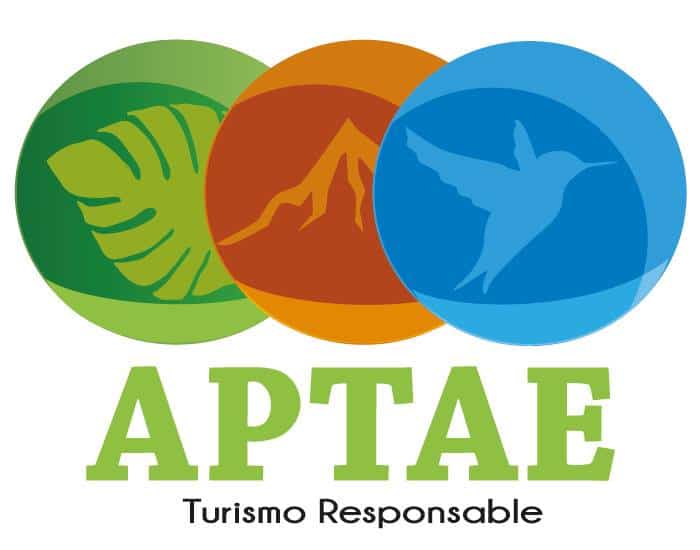The Rafting Operator Accreditation (ROA) is a credential issued by the International Rafting Federation (IRF) to operators that offer rafting guided or instructional services. The purpose of the system is to provide a means of recognizing operators that meet or exceed internationally accepted safety, environmental and quality standards. The process consists of a period of self-evaluation against published standards, a peer-review by an expert committee, and a site-visit by a trained assessor.
 The first accreditation went to Cardiff International White Water (CIWW). CIWW is home to the UK’s very first on-demand Olympic standard White Water Rafting and Indoor Wave facility. Their 250m white water course is designed for rafts, canoes and kayaks. Besides offering white water and flat water fun for all, CIWW is also an accredited professional training provider offering a range of internationally recognised courses. Their high standards and focus on professionalism made them a perfect first candidate for the IRF’s Rafting Operator Accreditation.
The first accreditation went to Cardiff International White Water (CIWW). CIWW is home to the UK’s very first on-demand Olympic standard White Water Rafting and Indoor Wave facility. Their 250m white water course is designed for rafts, canoes and kayaks. Besides offering white water and flat water fun for all, CIWW is also an accredited professional training provider offering a range of internationally recognised courses. Their high standards and focus on professionalism made them a perfect first candidate for the IRF’s Rafting Operator Accreditation.
There are numerous other operators in various stages of the process, ranging from having just applied, to awaiting Site-Visits. We expect the number of accredited operators to grow rapidly this year.
Who is the Rafting Operator Accreditation for?
- Guided Services: Companies or non-profits that offer whitewater rafting day trips or expedition-based trips.
- Instructional Services: Companies, schools, programs, or non-profits that offer whitewater rafting instruction.
What is the process?
- Self-Evaluation: The operator compares itself to the ROA standards and gathers evidence that demonstrates compliance to the standards.
- Peer-Review: An expert committee assesses the operation against the ROA standards.
- Site-Visit: A trained assessor verifies that the operator has implemented the policies, procedures, and practices related to the standards.
What are the Prerequisites?
- There are no prerequisites for the self-evaluation stage. Any operator can apply and benefit from going through the internal audit process.
- To move to the second stage, the peer-review, applicants must have been in operation for at least 100 operator days (over a minimum of 2 years) under the current ownership or management.
- Applicants must hire all up-to-date IRF certified guides or instructors (or certified by IRF approved training programs).
- Applicants must be ready to demonstrate that they meet the ROA standards and have a commitment to the mission of the IRF.
How much does it cost?
- Application Fee: $20 (includes self-evaluation materials)
- Peer-Review Fee: $100-$200 (depending on complexity of operation)
- Site-Visit Fee: $500 + ROA Assessor travel expenses (assuming 2 days of assessment)
- Annual Membership Fee: $100-$400 (depending on gross annual revenue)
Rafting Operator Accreditation Key Benefits
Operators come to the IRF for accreditation because the process benefits everyone who is engaged in or involved with their organizations. The ROA process provides them with a framework to manage their resources, offer best practices, and strive for continuous improvement. This supports an operator’s sustainability, encourages its growth, and helps it achieve measurable results.
The ROA process helps operators ensure they have systems in place to:
- Prevent and respond to accidents.
- Deliver quality services to their participants.
- Run a socially and environmentally responsible operation.
Once fully accredited, operators enjoy the following benefits:
- Evidence that their operation has implemented internationally accepted standards.
- Enhancement of their operation’s safety and quality through regular internal and external review.
- Belonging to a network of IRF accredited operators that assists consumer choices.
- Greater exposure via the IRF website and other IRF media outlets.
- Reputation boost through the use of the ROA logo in marketing and promotional materials.
- Other benefits that will come with time are access to resources on operator related subjects such as insurance, administration templates and processes, training, guide employment, etc.
As the ROA network gains momentum and grows in capacity, the IRF will endeavour to provide further value and financial benefits to accredited operators. Potential exists in the following categories: discounted access to insurance, supplies, trade bodies, marketing services, online services, booking softwares, etc.




